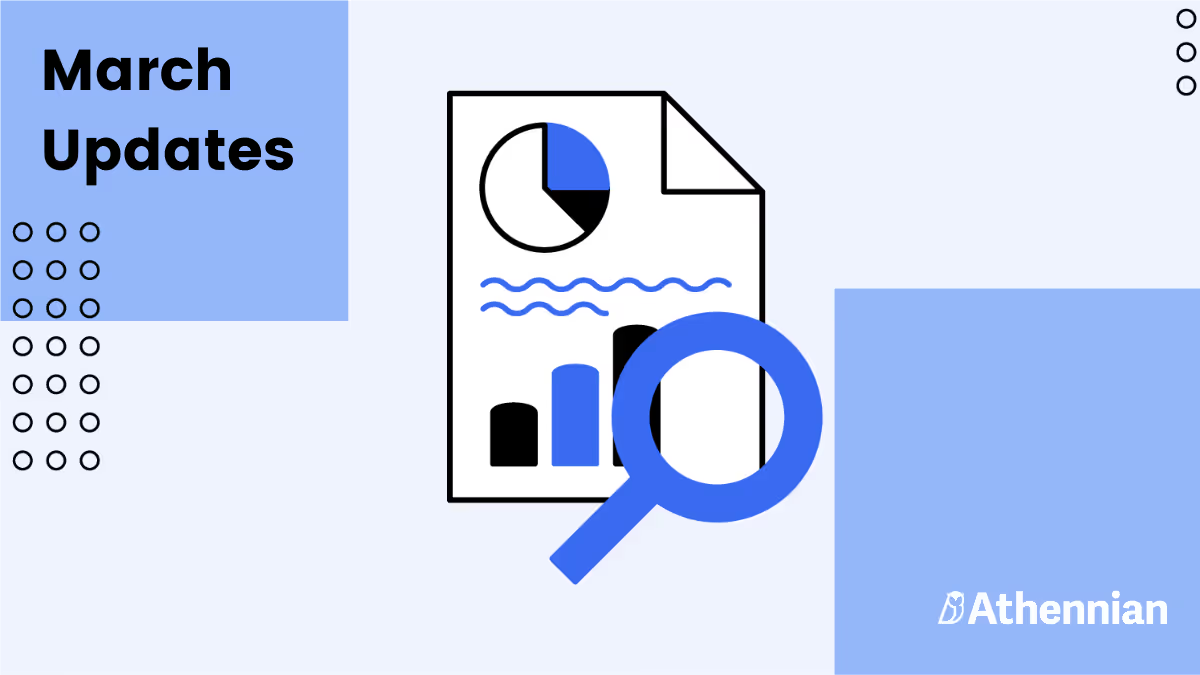Keeping your asset management current is the best way to prevent future losses. Waiting for things to change and then playing catch-up is where data losses occur and where companies fall behind the tech curve.
In a time when outsourcing and remote work is the most cost-effective way of operating, it can seem counterintuitive to centralize data management. But keeping all your information centrally located is the key to future security.
When most companies think about asset management, they think about the nuts and bolts of investing: providing the biggest return for their clients. However, asset management today includes ensuring that you are not investing in a hostile country or company with suspect foreign ties and that the company complies with overseas requirements for diversity, equity, and inclusion.
Future-proofing your company starts with a solid database system that can give you the information you need when you need it and grow with you as your business expands.
Client Confidence and Investor Personalization
With the explosion of ESG , clients no longer only want the best return on their portfolio. They demand investment in corporations that guarantee the ethical treatment of workers in foreign countries, regulatory compliance with diversity hiring, and more.
Ensuring this kind of customer satisfaction demands a highly flexible database that can give you an in-depth view of your investors at a glance. Accurate data is essential for building customer trust and asset management. This type of investor will gladly divest from a high-performing stock if they learn the company is under ethics investigations or has been fined for environmental damages. Hence, you need a data management system that can give you real-time and unbiased information.
Investors like to know that their asset management team is working for them, not merely handling a numbers stream. Keeping your investors happy means keeping them around for the long term. One way to do that is to ensure you maintain a portfolio aligned with their desires.
Regulatory Compliance Internationally
Since the COVID lockdowns, companies have been making do with fewer face-to-face meetings and more remote, teleconferencing, and long-distance discussions. This puts a tremendous burden on the accuracy and detail of information that flows through the data pipeline.
This is particularly true in the areas of KYC (Know Your Customer) and regulatory compliance. As things have gotten back to normal, there has been an increased focus on money laundering, human and drug trafficking, and international terrorism. Learning that a company or a CEO has been investigated for potential violations of national or international law drives investors away.
“Transparency” is the new buzzword in regulatory compliance, which means having a database capable of handling large quantities of information and correlating it in ways all personnel can access. In addition, whatever country, state, or jurisdiction you work with is likely to have its own set of rules for ensuring compliance and due diligence. A reliable database is essential for coordinating these myriad rules and ensuring you don’t miss any.
Preparing for the Future
Taking your company from now into tomorrow means planning for it today. Therefore, you need asset management software to integrate what you have now with what you need tomorrow.
Asset maintenance requires keeping track of aging assets that may be in good shape today but which may be prone to underperforming as time wears on. You can flag those for monitoring now so that someone will be notified when the time comes.
Deadlines for regulatory compliance documentation, data reporting, and other time-sensitive submissions can be scheduled months or even years in advance, saving you potential loss of license or costly fines. This is essential in today’s uncertain political climate, where things rapidly change overseas.
Download the Athennian for Asset Managers Guide





.svg)




.avif)



-p-500.webp)
-p-500.webp)
-p-500.webp)
.webp)
